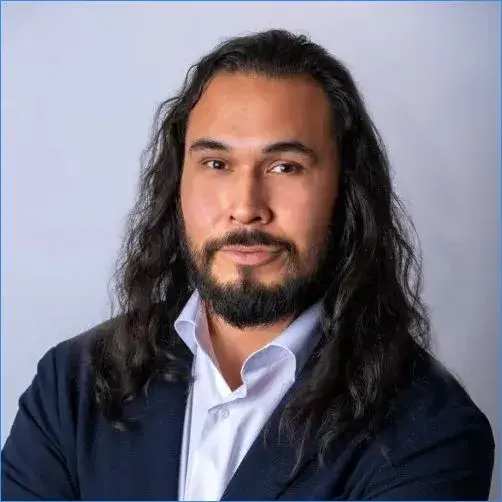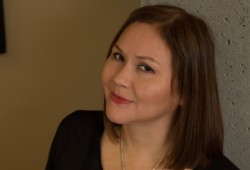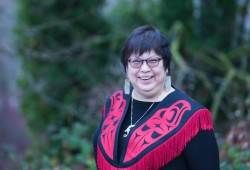Business in Vancouver (BIV) published its 2023 list of the top 500 most influential business leaders in the province, with four Nuu-chah-nulth leaders claiming their place.
Paula Amos, chief marketing and development officer for Indigenous Tourism B.C., Carol Anne Hilton, CEO of Indigenomics Institute, Judith Sayers, a board director for Clean Energy BC, and Kwatuuma Cole Sayers, executive director of Clean Energy BC, were highlighted as “visionaries, innovators, connectors, and trailblazers”.
“They also embody the values of modern leadership: Engagement, trust, corporate citizenship and inclusion among them,” reads the third edition of BIV500.
For Amos, she’s been working with Indigenous Tourism B.C. for 20 years now helping grow the company to roughly 200 market ready businesses.
“I've been there for a long time to help create the foundation of the organization and the industry… making all these inroads into the industry with key partners so that Indigenous tourism is seen as a key area for tourism,” said Amos.
Amos adds that with the work of Indigenous Tourism B.C., they aim to have visitors not only think of B.C. for its natural beauty, but also to include an authentic Aboriginal experience.
“That’s part of why I love the industry is because we do get this opportunity on the world stage to educate the world about who Indigenous people are,” she said.
Kwatuuma Cole Sayers of Hupačasath was appointed interim executive director for Clean Energy BC in 2022. He shared with Ha-Shilth-Sa that his biggest achievement is serving communities with his role in the transition to clean energy.
“I think that our momentum is building so I just feel really excited that I can play one small part in that,” said Sayers, who advocates for environmentally responsible and cost effective energy technologies, in partnership with communities across the province.
“We need to move away from fossil fuels and move towards cleaner electricity, as one,” said Sayers. “It is a great way to drive down our emissions.”
Sayers shared that Hupačasath was one of the first to identify the economic development opportunities in clean energy at China Creek.
Within 20 years of operating, the organization now has biomass, solar, wind, storage and non-storage hydro projects, among others, across the province.
“We have an opportunity for First Nations to be part of that solution so that we can continue to have clean electricity, we can bring economic opportunities and benefits to our communities… so that we can take climate action so that we can meet our climate targets while also advancing reconciliation with First Nations,” said Sayers.
“Our work is generational,” he added. “We can try our best to follow the people before us, and I think the generation that's coming up is going to play a very important role as we get closer to 2050.”
“We're at an exciting time… as Indigenous people, to create this change [and] be part of the change for the future,” said Amos. “This work has provided me such a great opportunity to make a difference and be the difference that's happening.”




